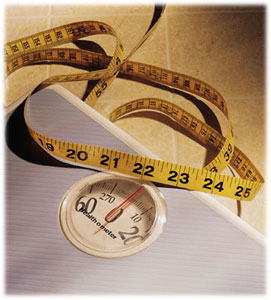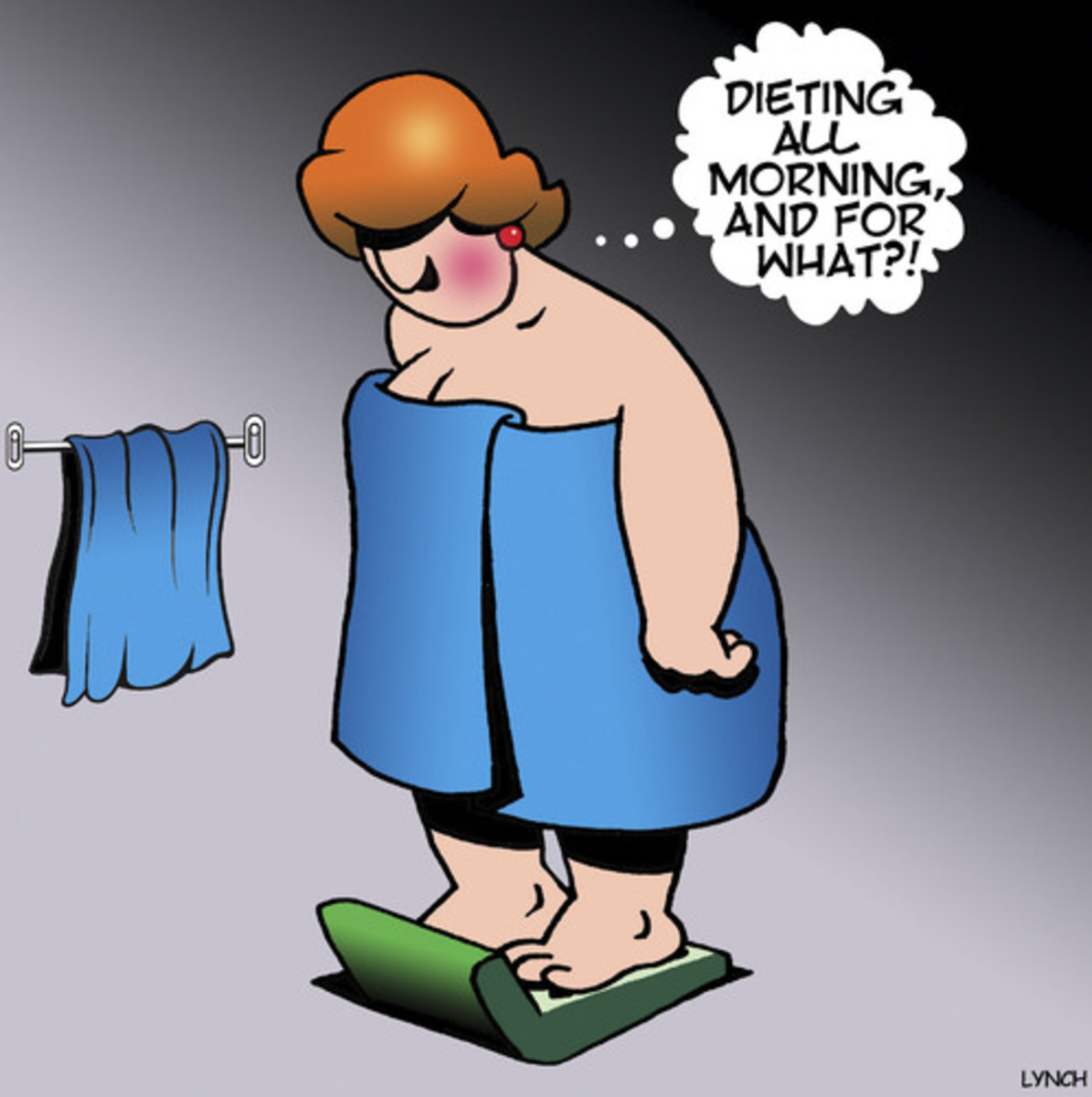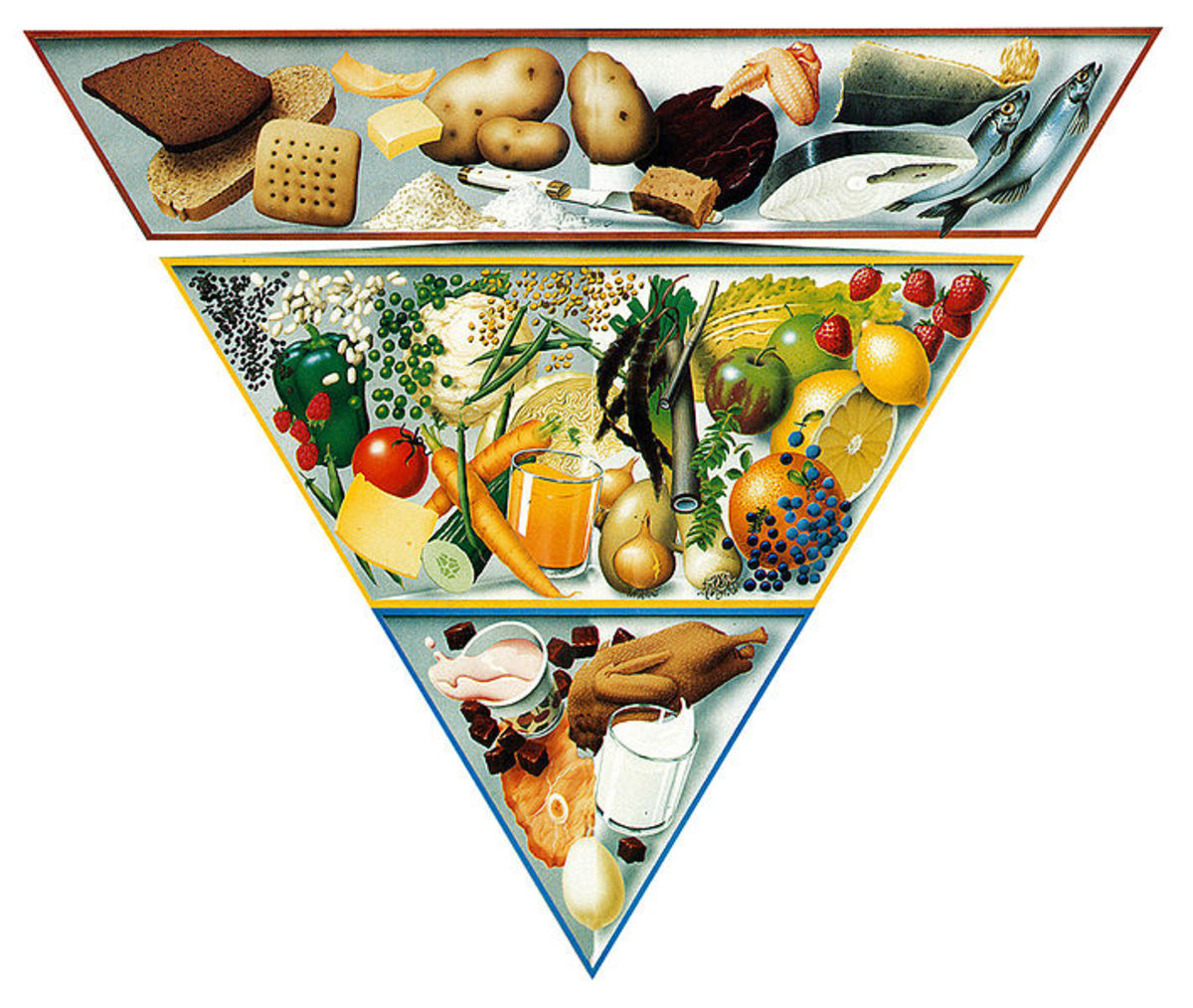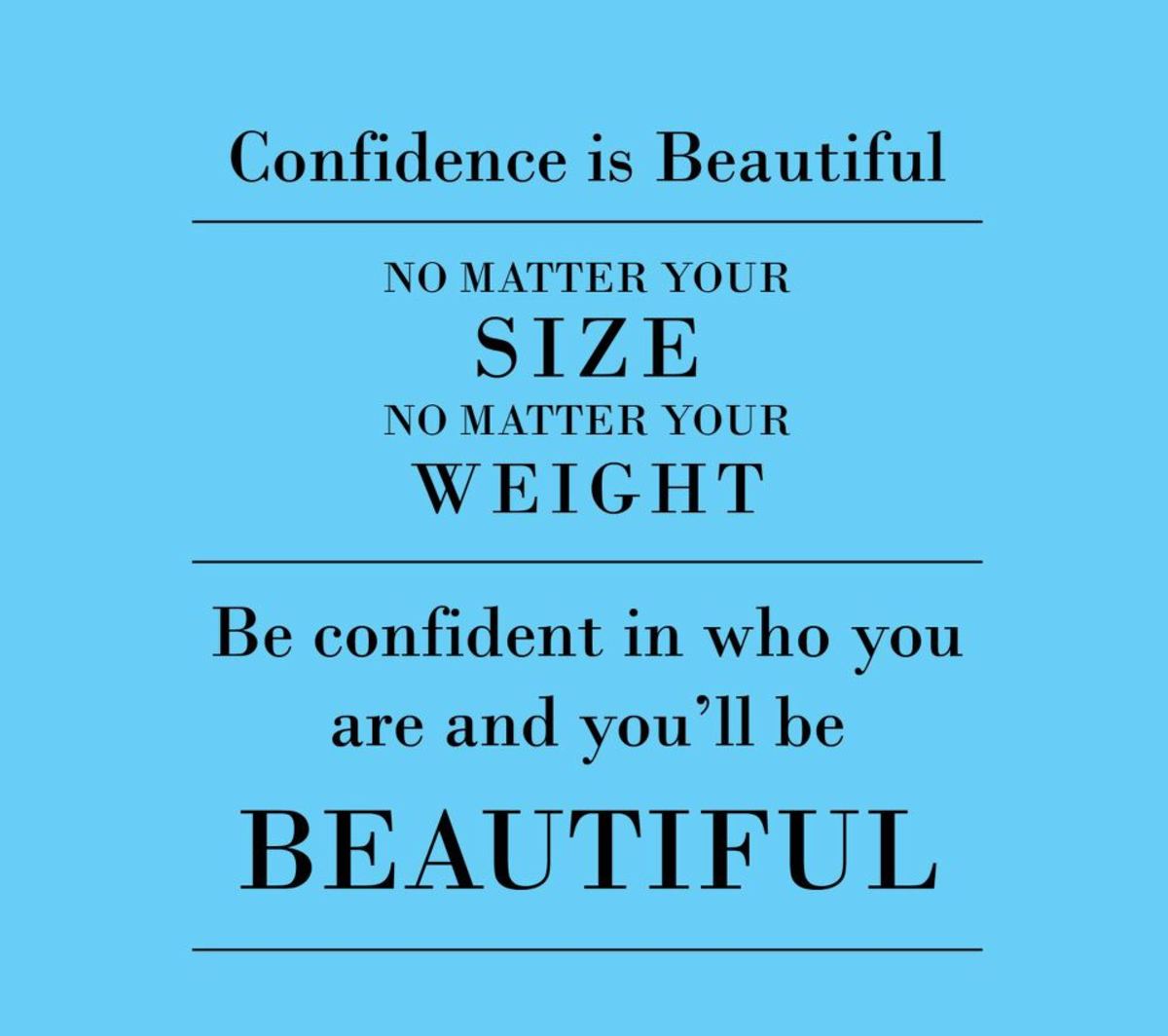How Crash Diets Burn Off Your Self-Esteem

Dieting and Body Image: The Facts
Raking in $40 billion every year, the diet industry is one of the most profitable areas of our economy today. One out of three women and one out of four men are on a diet at any given time. With these statistics, you well may wonder why the so-called "Obesity Epidemic," has not yet subsided. Surely, with such a wide consumer base and high profit margin, diets must be helping somebody... But what those before and after pictures don't show you is the other side of the coin. Of all their customers, two thirds of dieters regain the weight within one year and virtually all regain it within five years.
So? No harm done, you say. They're back where they started, minus a few dollars (or hundreds, or thousands...). Unfortunately, it doesn't stop there. Dieting has actually been shown to be counterproductive, taking a toll on both your self-esteem, and your body. Food deprivation slows your metabolism, making it harder to lose weight in the future, and easier to put it back on, plus some. The average weight change per diet today is not to lose weight, or even break even, but to gain seven pounds. And failing, time and again, does nothing for your confidence in yourself.
Perhaps you're still not convinced. You have more discipline than the rest. You want it bad enough. I do not doubt your determination, or your desire. After all, two out of five women and one out of five men would trade three to five years of their life to achieve their weight goals. However, the diet industry, like most others, is dependent on repeat customers, on bringing back your business. You are set up to fail, simply to afford the opportunity to re-enroll you, and make another few bucks off of your misery.
New Study Proves Dieting Ineffective
A two-year study at UC Davis highlighted the difference your attitude can make in losing weight. The participants, all obese, were divided into two groups for monitoring: dieting and non-dieting.
The dieting group was told to moderately restrict their food consumption, maintain food diaries and monitor their weight. They were provided with information on the benefits of exercise, on behavioral strategies for successful dieting, and on how to count calories and fat content, read food labels and shop for appropriate foods.
The non-dieting participants were instructed to let go of restrictive eating habits, and pay more attention to their internal cues, both physical and emotional, such as hunger, satiety, anxiety, sadness, and anger. Instead of diet propaganda, they were given information on healthy nutrition, and participated in a weekly support group focused on addressing the particular concerns of the obese person in an intolerant society.
The Results
Almost half of the dieting group dropped out before finishing the treatments, while 92% of the non-dieting group completed the program. While the non-dieters did not lose any significant amount of weight, they experienced numerous health benefits that the dieters did not: lowered bad cholesterol levels and systolic blood pressure, quadrupled their physical activity, and felt significantly better about themselves and less depressed at the end of the two-year period.
Yes, you say, but the dieters lost the weight. Not so. While the members of the dieting group lost 5.2% of their initial weight in the first 24 weeks of the study, by the end of the program, they had regained nearly all of it. That first boost of self-confidence due to the rapid weight loss deteriorated as the pounds piled back on, leaving participants with lower self-esteem than when they had started.
"We have been ingrained to think that seriously large people can only make improvements in their health if they diet and slim down," said nutrition researcher Linda Bacon, who conducted the study along with Judith Stern, a UC Davis professor of nutrition and internal medicine. "But this study tells us that you can make significant improvements in both metabolic and psychological health without ever stepping on the scales or counting calories. You can relax about food and eat what you want." Now, wouldn't that be nice?
********
Included below are several resources to help you think critically about the diet industry and glamorization of emaciation in the media, as well as a recent news feed regarding the failure of diets to deliver what they promise. Please check them out, and consider picking up one or two of the books I've recommended.
Make A Change
- How Bad Is Your Body Image?
How bad is your body image? Read on to find out. - A Practical Guide to Improving Your Body Image
The key to feeling better about yourself is not to change your body, as the diet industry would have you believe, but rather to change the way you feel about your body. - Western Standards of Beauty: An Illustrated Timeline
This timeline is an illustrated journey through the last 600 years, from the portraits of the European Renaissance to red-carpet photos of modern celebrities.
Think Critically
- A B O U T - F A C E
About-Face questions and satirizes negative and demeaning images of women in society. - Turn Beauty Inside Out
Inspiring independent thinking and fostering critical analysis of media messages. - AdiosBarbie
A body image site for EVERY body that helps you love and accept your body through thick and thin, at any size! - Body Positive
BodyPositive looks at ways we can feel good in the bodies we have. Remember, your body hears everything you think.








